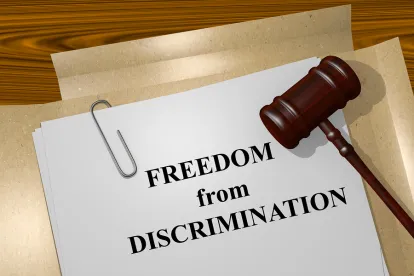C alifornia Governor Jerry Brown has signed Assembly Bill 2770 (Assembly Member Irwin; D-Thousand Oaks), an act to amend Section 47 of the Civil Code. The bill should protect both sexual harassment victims and employers against defamation claims from alleged harassers.
The bill was sponsored by the California Chamber of Commerce and passed the Legislature with unanimous, bipartisan support—presumably in recognition that victims and employers are facing defamation lawsuits with growing regularity from harassers who claim they have been falsely accused.
If the alleged harasser later resigns or is terminated, employers encounter a different but equally precarious problem with regard to reference checks: risk a defamation claim by advising a prospective employer about the harassment allegations or remain silent and potentially enable the harasser to harass more employees in a new work environment.
Now, harassment victims and employers will be able to breathe a little easier knowing that Civil Code Section 47(c), as amended, will broaden the definition of “privileged publication or broadcast” to include:
- A complaint of sexual harassment by an employee (without malice) to an employer based upon credible evidence; and
- Communications between the employer and interested persons (without malice) regarding complaints of sexual harassment. This includes current or former employers’ communications regarding whether the employer would not rehire the alleged harasser due to a determination that he or she engaged in sexual harassment.
Although the amendment is a step in the right direction, its impact should not be overstated. This new protection is merely a qualified privilege, which means that harassers can (and probably will) still sue victims and employers for what they will rather effortlessly claim were “false statements” made “with malice.” Such claims may be difficult to get dismissed even at the summary judgment stage.




 />i
/>i

